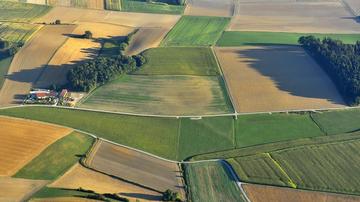On October 1, the regional hubs of NGOs prepared 14 such events throughout Slovenia. "Our School for Mayors isn't a traditional school in which NGOs would teach candidates and pretend that we know everything. Instead, we wish to work with the candidates and the local population to set up social gatherings at which we can look at issues that are underrepresented during political campaigns," says Bojan Golčar of the Podravje Regional NGO Hub.
That's why the project was launched before the start of the electoral campaign. After all, the NGOs wish that the mayoral candidates would incorporate suggestions and ideas from the gatherings into their political platforms. Among the subjects discussed was the social welfare of the local population, the potential of culture in the development of communities, the role of tourism, and the use of public facilities. The events highlighted the positive experiences of including the local population in local politics – an approach that has given good results in several municipalities.
The NGOs that took part in the School for Mayors included humanitarian organizations, child welfare societies, sports associations, cultural organizations, tourist boards, youth associations, environmentalist bodies, and organizations that protect patients' rights.
The School for Mayors is just the beginning of long-term cooperation. "We wish to emphasize that working with the local population does not end with the election. On the contrary; mayors need to work with their constituents, NGOs, and other members of the local communities if they want to take advantage of the potential that is available to them."
That's why local elected representatives need to include the public when they prepare policies that affect us all. "These decisions should never be removed from the people they will affect," Golčar stresses. That's why the NGOs will continue to encourage voters to choose the candidates whose platforms contain the best combination of proposals for the communities, the environment, and the economy.


























































